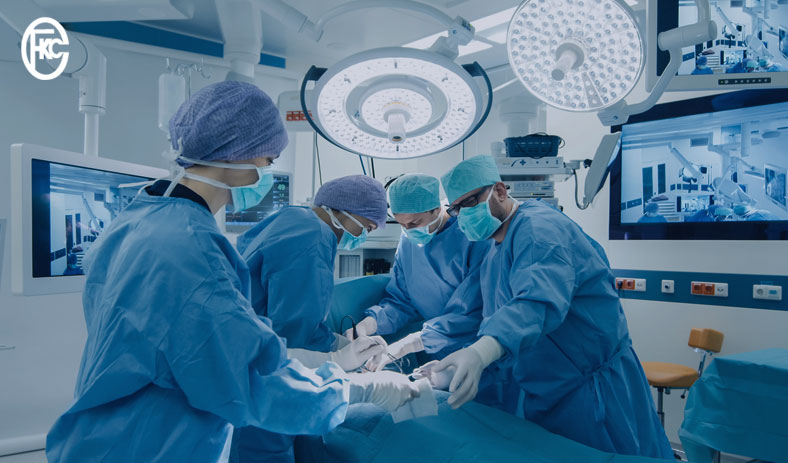
For us, the first step in making our patients confident in the promise we made to educate about the procedure they will go through.
For those with end-stage renal disease (ESRD) or kidney failure, a transplant may be an option that may completely transform their lives. A total of 23,000 kidney transplants were performed in the United States last year alone. This operation is one of the most often performed in the history of transplantation surgery. The kidney transplant centers in Florida are the best choices for such options.
.jpg)
When your kidneys are no longer functioning properly due to renal failure, your nephrologist will likely offer you dialysis or a kidney transplant as therapy options. Because dialysis is a popular treatment for individuals who are waiting for a transplant, it is important to know what it entails.
Some of our patients believe that dialysis restricts their freedom since it takes so much time for checks and maintenance. Dialysis, on the other hand, can only take the place of a fraction of what your kidneys normally do. Having your nephrologist and primary care physician work closely together to keep an eye on you is critical to obtaining the best care possible.
After a successful kidney transplant, many of our patients are able to lead more normal lives than they did while on dialysis. This is because you are dependent on dialysis since it acts as a substitute for your own kidneys. Once you've had a kidney transplant, your outlook on life changes dramatically. It has the potential to help people recover control of their lives, which is a very remarkable gift.
A healthy kidney is transplanted into your body during a kidney transplant, either from a living donor or a deceased donor. A transplant surgeon will connect your new kidney to your arteries and veins, as well as your ureter, once your old one is removed. As a result, the urine generated by your replacement kidney may move more fluid and waste items out of your body.
There have been a lot of notable improvements in kidney transplantation during the last 50 years. Today, you may choose to get a kidney from a deceased donor or from a living donor.
The term "dead donor" refers to a person who dies after deciding to donate a kidney to others in need. It's possible that other members of their family may weigh in on the choice.
To be deemed a living donor, an individual must have made the decision to donate one of their kidneys while remaining in good health. You or a close friend or family member might be a live donor. Choosing the Florida hospital kidney transplant center is the right option here.
We make it a point to explain to our patients that a kidney transplant is not without risk, just like any other medical surgery. You will need to take immunosuppressant medicine following the transplant in order to keep your body functioning properly. A huge percentage of patients, particularly those who are frequently considered high-risk, are able to benefit from kidney transplantation.